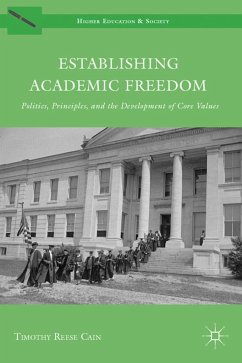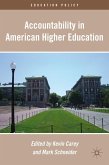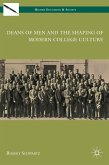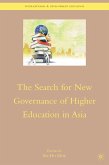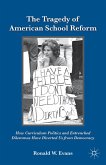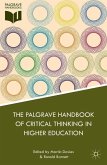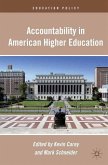The is this the book-length work addressing the development of academic freedom and the procedures designed to protect it from the 1915 founding of the AAUP and the AAC to their endorsement of the key document in the history of professorial rights and responsibilities, the 1940 Statement of Principles of Academic Freedom and Tenure.
"Timothy Cain provides a compelling account of how the academic profession haltingly organized itself to protect academic freedom, explaining the AAUP's role and clarifying it by comparing its activities to those of the American Association of Colleges (AAC), the American Federation of Teachers (AFT), the American Civil Liberties Union (ACLU), and the Progressive Education Association (PEA). While the time frame for Cain's account is 1915-1940, the issues raised and discussed are relevant to much that is currently experienced on college and university campuses across the nation." - Wayne J. Urban,Paul W. Bryant Professor, College of Education, The University of Alabama Tuscaloosa
"This important book offers the first comprehensive look at how academic freedom, and the tenure system that supports it, developed in the United States. Whereas previous volumes have focused on particular organizations, specific topics, or individual cases, Cain blends all three to show what academic freedom came to mean to the profession, and how it has been defined and defended over time." - Linda Eisenmann, professor of education, professor of history, Wheaton College
"This important book offers the first comprehensive look at how academic freedom, and the tenure system that supports it, developed in the United States. Whereas previous volumes have focused on particular organizations, specific topics, or individual cases, Cain blends all three to show what academic freedom came to mean to the profession, and how it has been defined and defended over time." - Linda Eisenmann, professor of education, professor of history, Wheaton College

